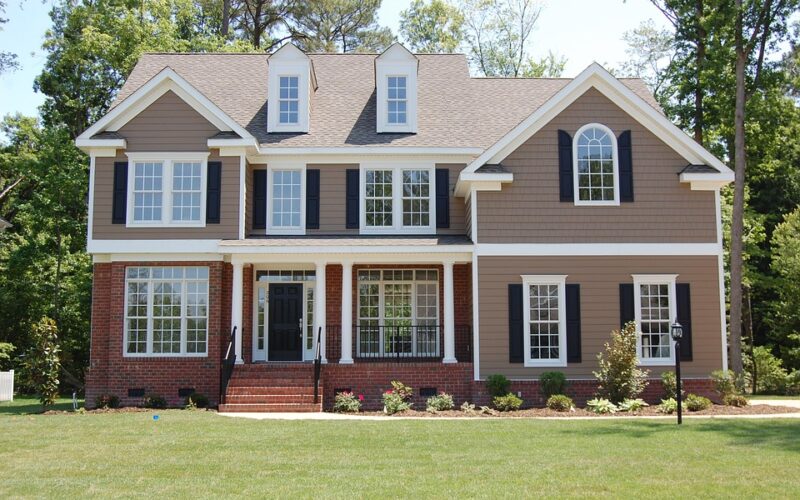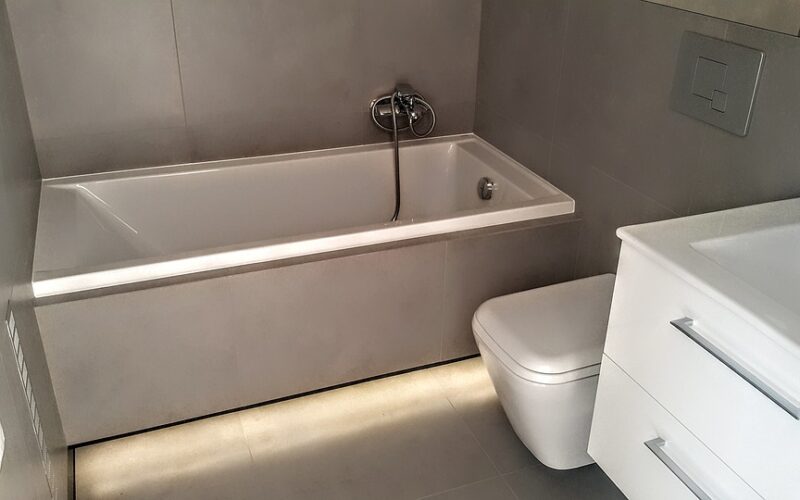With rising energy costs and growing environmental concerns, homeowners are increasingly looking for ways to make their homes more energy efficient. From simple tweaks to major changes, there are various steps you can take to significantly reduce your energy consumption and carbon footprint.
Start with an energy audit
The first step towards increasing your home's energy efficiency is to conduct an energy audit. This will give you a clear picture of where your home is losing energy and what measures you need to take to improve its efficiency. Professional auditors can provide a detailed assessment, but homeowners can also perform a basic audit by looking for drafts, checking insulation levels, and analysing energy bills. This preliminary step is crucial for prioritising actions that can have the greatest impact on your energy savings.
Enhance your home insulation
A significant amount of energy can be saved by properly insulating your home. Insulation helps to maintain a stable internal temperature, which means less energy is required for heating or cooling. Check the attic, walls, and floors for insufficient insulation, as these areas are notorious for heat loss. Upgrading your insulation materials can have an immediate effect on your energy bills and improve your home's overall comfort.
Upgrade to energy-efficient windows and doors
Inefficient windows and doors can be major culprits for heat loss in the winter and heat gain in the summer. Consider replacing single-pane windows with double or triple-glazed alternatives that have enhanced insulation properties. Similarly, look for doors with good sealing and insulation characteristics. Additionally, using curtains or blinds can add an extra layer of thermal protection and further reduce energy leakage.
Invest in efficient heating and cooling systems
Your heating and cooling systems consume a substantial part of your home's energy, so ensuring they are efficient is imperative. When it's time for a boiler installation Manchester or boiler service Manchester, employ a qualified plumber Manchester or emergency plumber Manchester to ensure the job is done correctly. Regular maintenance of your HVAC system, like cleaning and replacing filters, can greatly improve efficiency. If your boiler or heating system is old, investing in a modern, more efficient system can lead to significant long-term savings.
Switch to energy-saving appliances
Domestic appliances account for a considerable portion of energy usage within the home. When replacing old appliances, choose those with high energy-efficiency ratings. Look for the Energy Star label or equivalents as an indicator of more efficient devices. Appliances like refrigerators, dishwashers, and washing machines come in energy-saving models that provide the same functionality with less energy consumption.
Consider renewable energy sources
For those willing to make a larger investment for long-term gains, renewable energy sources such as solar panels or wind turbines can dramatically cut your reliance on non-renewable energy and reduce your utility bills. While the upfront cost may be high, the long-term savings and environmental benefits can be significant. Government incentives or rebates might also be available to help offset the initial expenses.
Making your home more energy-efficient is not only financially wise but also environmentally responsible. By taking practical steps such as auditing your home, improving insulation, upgrading windows and doors, maintaining your heating and cooling systems, investing in efficient appliances, and considering renewable energy, you can contribute to a greener planet while saving money. Remember that every small action can lead to significant changes when combined. Start making your home energy-efficient today and reap the benefits for years to come.








